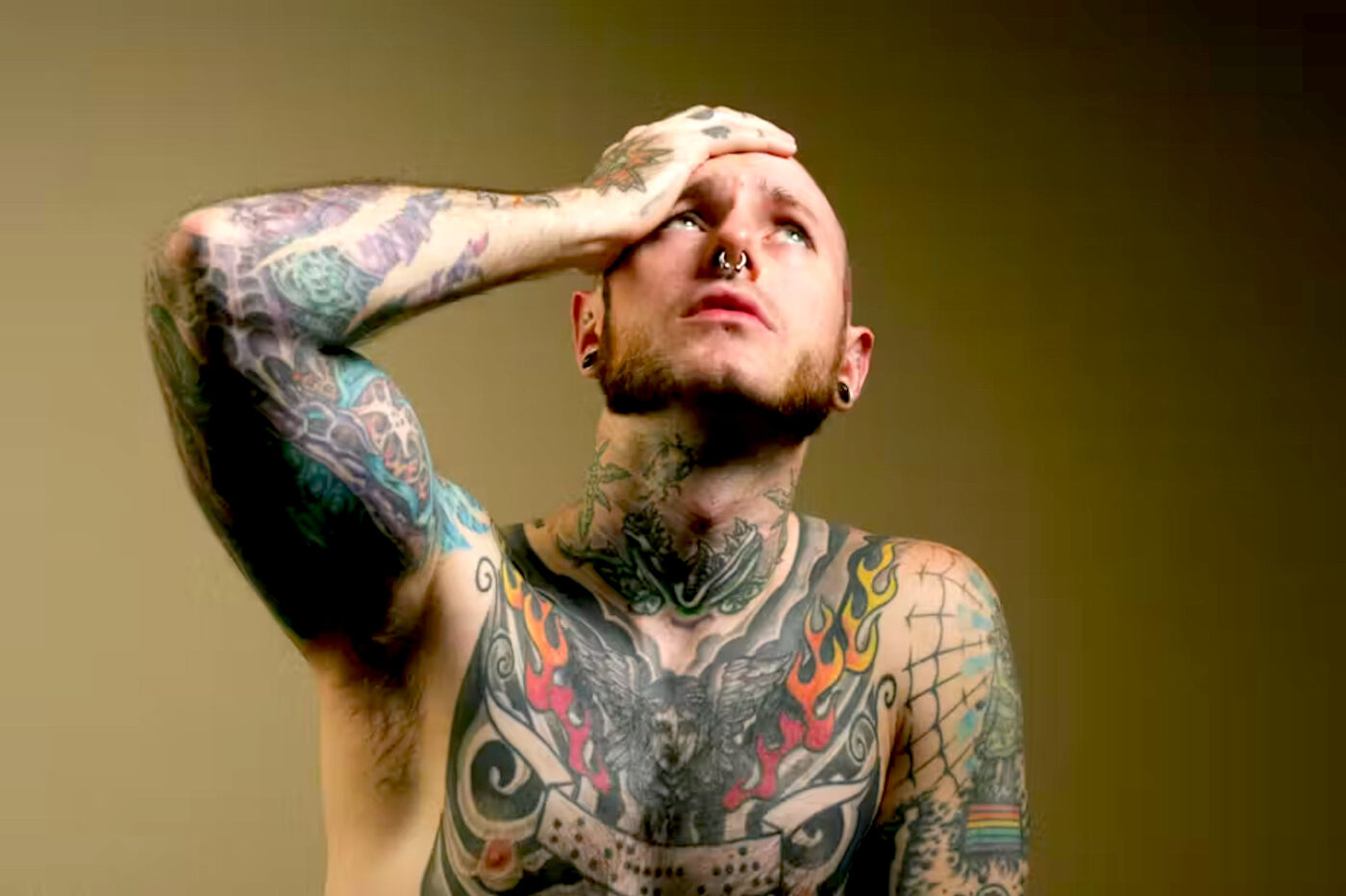A recent survey reveals that more than 25% of Americans have had second thoughts about their tattoos… but why is this the case? And how can you avoid tattoo regret?
While prospective tattooees may spend days or weeks researching how long getting a tattoo takes or how to properly clean a tattoo, very few step back and consider whether they may end up regretting their new ink altogether. While tattoos represent one of the most popular forms of contemporary self-expression, the love we have for our ink can sometimes fade faster than a temporary tattoo at a pool party…
A recent survey reveals that more than 25% of Americans have creeping regret about their tattoos. While this may sound like a worryingly large proportion, Dr Bence Nanay — writing at Psychology Today — actually thinks that considering the rapid shifts in our aesthetic tastes, that number seems surprisingly low…
WATCH: Do you think this Messi-megafan has any regrets?
The Ever-Changing Canvas
Recent studies suggest that we alter our artistic preferences as frequently as we change our social media profile pictures. So, even if you once considered your tattoo a masterpiece, a year down the line, you might view it differently.
This curious phenomenon is related to what psychologists call the “End of History Illusion“. It’s that persistent belief that while we’ve changed in the past, we’ve now reached our final form. We believe we’ll adore the same things in 20 years as we do today.
As studies on the End of History Illusion show, we’re often mistaken about this, and our tattoos are no exception…
Cognitive Dissonance
Now, you might wonder why only a minority confesses to tattoo regret. The answer lies in cognitive dissonance — the discomfort we feel when our actions clash with our self-image. Nanay offers a simple example:
“Imagine you just took the last carton of milk in the shop, while you saw an older woman making her way toward it. Our mind is very good at getting rid of the icky feeling that such mental conflicts induce. We can make ourselves believe, for example, that she was going for the sour cream, not the milk.”
Dr Bence Nanay
This cognitive dissonance plays a similar role in tattoo regret. Admitting that your ink no longer aligns with your taste triggers this mental conflict. So, what do we do to avoid the discomfort? We convince ourselves that our tattoo remains a masterpiece…
Cracking the Cognitive Dissonance Code
The link between tattoo regret and cognitive dissonance is fascinating not just for ink enthusiasts but for understanding the many intricacies of the human mind. However, one finding stands out: women are significantly more likely to regret tattoos than men. This isn’t due to differences in emotions or aesthetics but, so the survey suggests, because men are better at managing cognitive dissonance.
In the end, tattoo regret offers a unique window into the labyrinth of our psyche. As our tastes evolve, tattoos become markers of our changing preferences, and cognitive dissonance keeps us from admitting we might have outgrown our once-beloved ink…
